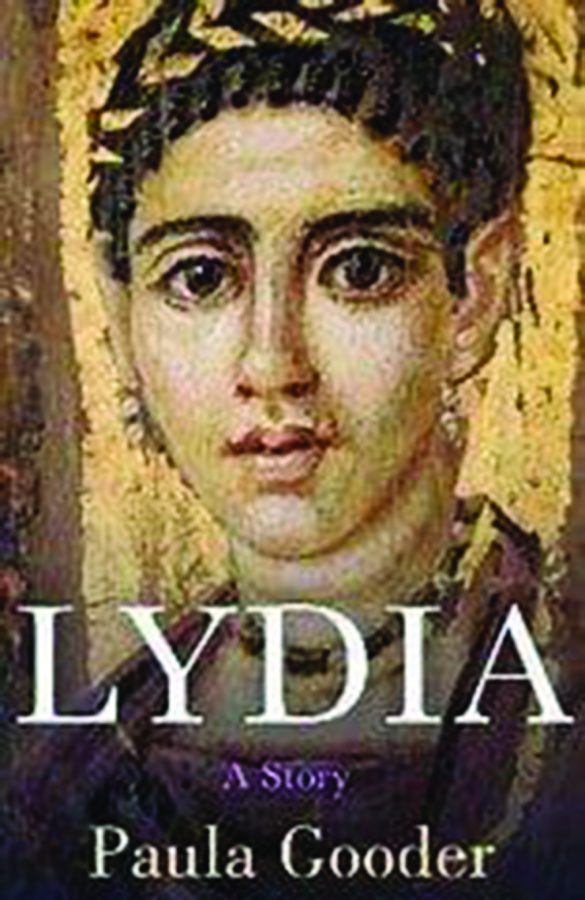 Lydia
Lydia
Author Paula Gooder
Publisher Hodder £16.99
Format hbk
ISBN 9781444792065
What happened to Lydia of Philippi, the dealer in purple cloth, whose heart was opened when she heard the preaching of St Paul (Acts 16.14)? We hear little more from Acts, and Lydia is not mentioned in Paul’s subsequent letter to the Philippians. But she comes alive in this imaginative and compelling story from Paula Gooder – a worthy follow up to her earlier book on Phoebe (Hodder, 2018) the deacon who delivered the letter to the Romans. The present work follows a similar pattern, comprising two distinct sections. First, it provides a fictional but entirely realistic account of Lydia’s life. She is shown to be a notable Christian woman of forceful character, as she negotiates the religious tensions of the first century Roman empire within a city which is essentially pagan. Within the narrative, we meet other biblical characters: Euodia and Syntyche (Phil.4:2), two women once divided in their faith, but now ‘of the same mind in the Lord’. We meet the ailing Epaphroditus (Phil. 2:25-27), who delivered Paul’s letter to the Christian community; and Clement (Phil. 4:3) who in the story is imaginatively identified as Paul’s former jailer (Acts 16:27-30). With another large but pleasing leap of imagination, Gooder creates the charming Ruth, now a young Christian woman, but formerly the nameless slave girl with a ‘spirit of divination [which] brought her owners a great deal of money by fortune-telling’ (Acts 16:16) until she was exorcised by Paul. All this makes an edifying and intriguing story which helps the general reader to understand the nature of the small, often fragile, first-century Christian communities that Paul founded on his missionary journeys. The second part of the book is essentially commentary and factual background. The critical reader will quickly learn that the apparent ‘fiction’ of the narrative is actually based on deep and scholarly knowledge of first-century traditions and biblical analysis. This is fine, helpful material for those preaching on Acts 16 or Philippians. Readers will also notice that Dr Gooder carefully weaves into her narrative the kind of thorny issues that still beset the church in the 21st century: the need for reconciliation, the difficult nature of forgiveness, poor communications and festering misunderstandings – it was, apparently, ever thus. This excellent read is highly recommended.
Reviewed by ALICE BURDETT
New Testament
